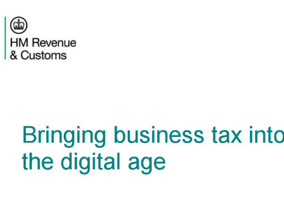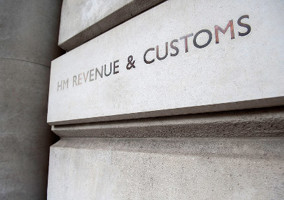A decision to require charities to file quarterly online tax returns for their trading subsidiaries is likely to waste millions of pounds of charities’ money, the Charity Finance Group has said.
Last week the government said it will exempt charities from new requirements to file digital tax returns every quarter, but trading subsidiaries will have to follow the new rules.
HM Revenue & Customs conducted a consultation called Making Tax Digital consultation last year, which included proposals to require all organisations to maintain digital tax records.
Last week the government confirmed that it would exempt charities from filing quarterly returns, but said trading subsidiaries would have to comply with new rules.
“While the proposal to exempt those trading companies who distribute all profits to charity (and therefore had no corporation tax liability) had some merit, they could still have substantive VAT obligations,” the response said.
“A significant reason for exempting charities is that many of them do not currently have to submit a tax return, and have a number of reliefs available to them for VAT purposes.”
'Could waste millions'
But Andrew O’Brien, head of policy and engagement at the Charity Finance Group, said the decision not to exempt charity trading subsidiaries could potentially waste millions of pounds proving that they do not have tax liabilities.
“The UK Civil Society Almanac suggests that there are at least 1,800 charities with trading subsidiaries and many of those are likely to have more than one. Charity trading subsidiaries Gift Aid up all their profits to their parent companies and are very rarely liable for any corporation tax.
“Typical figures would suggest you could easily pay £1,000 a year to file quarterly returns for a simple trading subsidiary. More complicated operations could easily be much more expensive.
“This means that government could be wasting millions of pounds of donors’ money – not to mention money government itself has given out itself in grants – requiring charities to prove every quarter that they do not pay tax.”
Related articles












